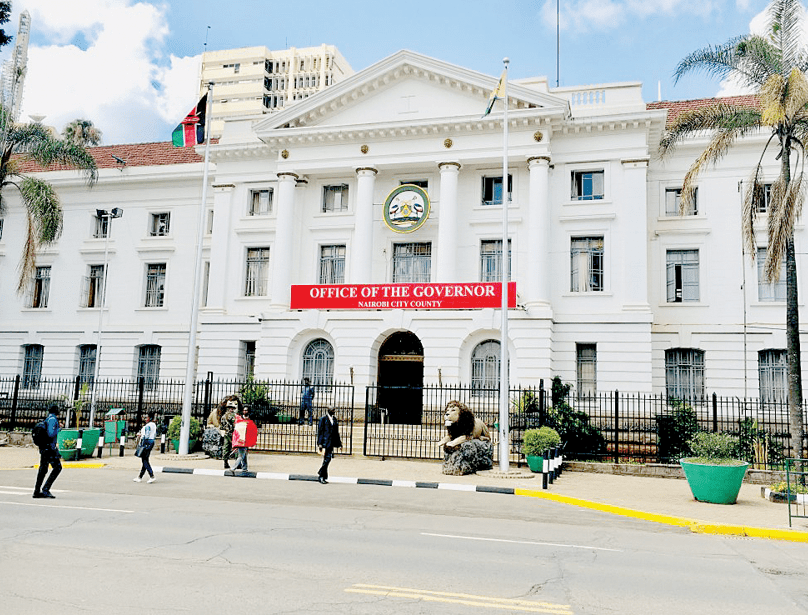Treasury’s selective tax relief is bad policy

Revelations about the National Treasury’s decision to grant Blue Nile Rolling Mills massive tax exemptions show a troubling tendency to engage in irregularities that threaten the integrity of Kenya’s economic governance.
At a time when tax revenue is in high demand, that Treasury officials struggled to defend their actions before the Committee on Delegated Legislation underscores the need for greater transparency and accountability in the administration of tax incentives in this country.
The fact that the tax relief awarded to Blue Nile was granted without involving the institution mandated to develop and pass such laws is deeply concerning and raises fundamental concerns about the processes and motivations behind the decision-making in this case.
The lack of proper documentation and the reliance on a non-domesticated gazette notice that was not aligned with the East African Community Act further erodes the confidence and even the legitimacy of the Treasury’s actions. The committee’s inquiry revealed that the tax exemptions granted to Blue Nile were not just a one-time occurrence but part of a broader pattern of favouritism that seems to cater to specific companies.
This selective approach to tax relief is not only unfair to other businesses operating within the same industry but also destabilises the competitive landscape, disadvantaging those who are playing by the rules.
The most troubling aspects of this case is the impact it has on the local steel production industry which is a key enabler in the economy.
The Special Operating Framework Arrangement agreement granted to Blue Nile exempts the company from various taxes for a decade, giving it an enormous competitive advantage.
This has understandably caused concern among other manufacturers, who see their businesses threatened by such skewed policies.
The ripple effects of this decision are felt not just within the industry but across the broader economy, as taxpayers bear the burden of the lost revenue, especially at a time when the Kenya Revenue Authority is grappling with a significant tax deficit.
Treasury officials’ inability to provide clear answers on how much Blue Nile benefited from these exemptions, or to substantiate claims that the company met all necessary requirements, only adds to the perception of collusion and impropriety.
The discrepancies in employment numbers and operating capital requirements further highlight the possibility that Blue Nile was given preferential treatment in a manner that is inconsistent with the law.
This is just one among several wake-up calls for all stakeholders to demand greater transparency and accountability in the management of public resources. The future of Kenya’s economy depends on it.












